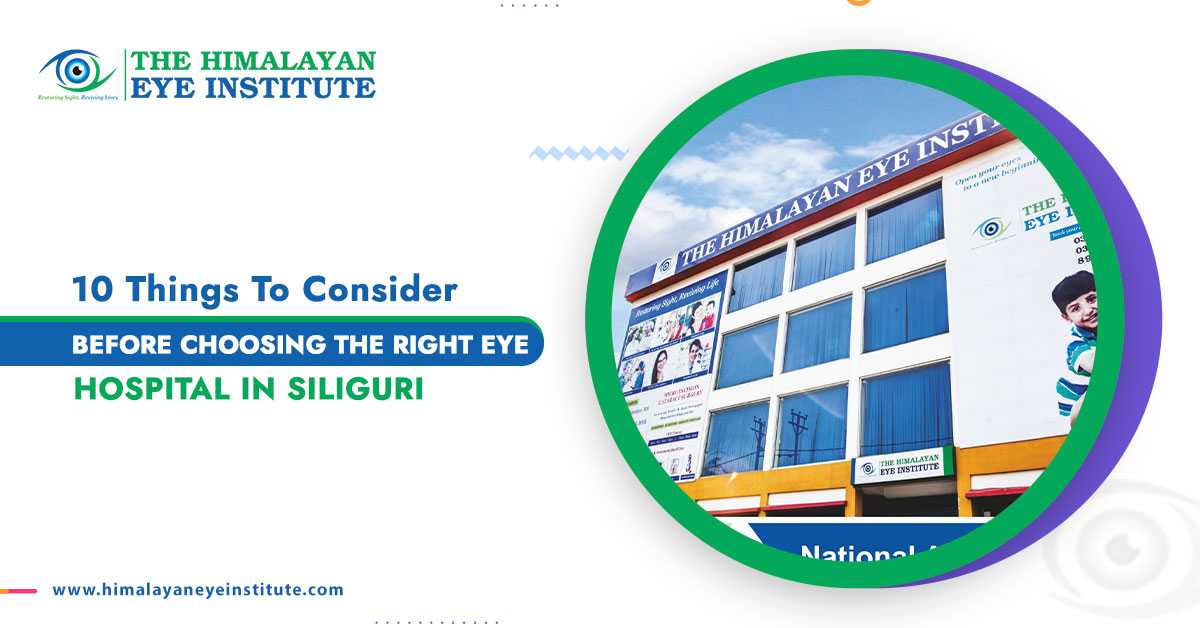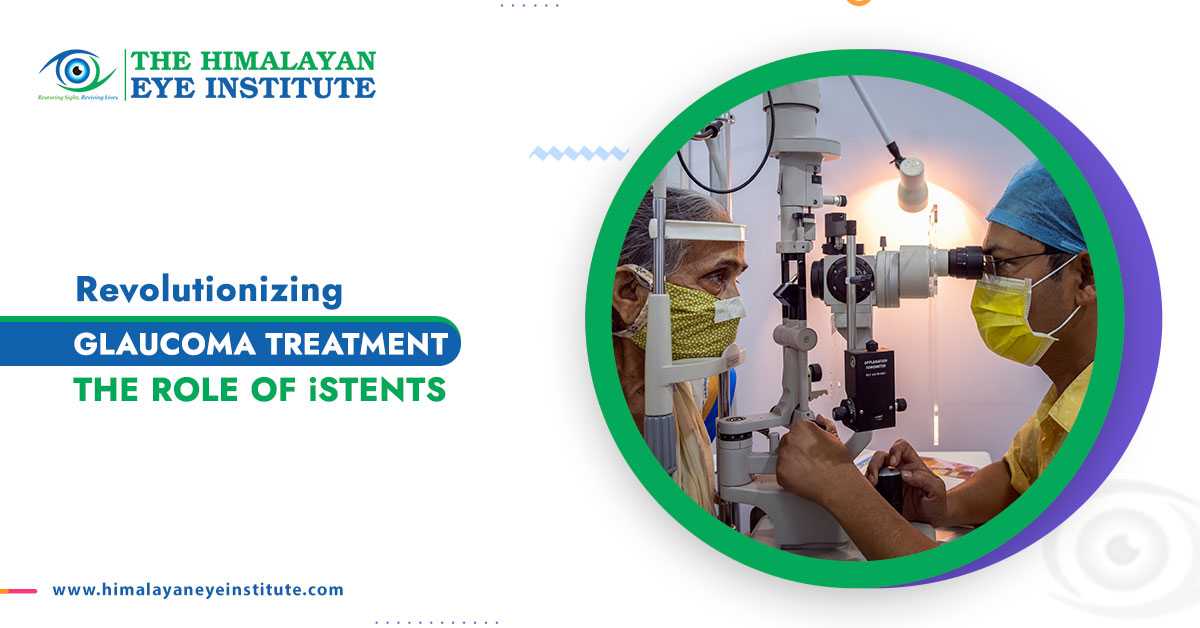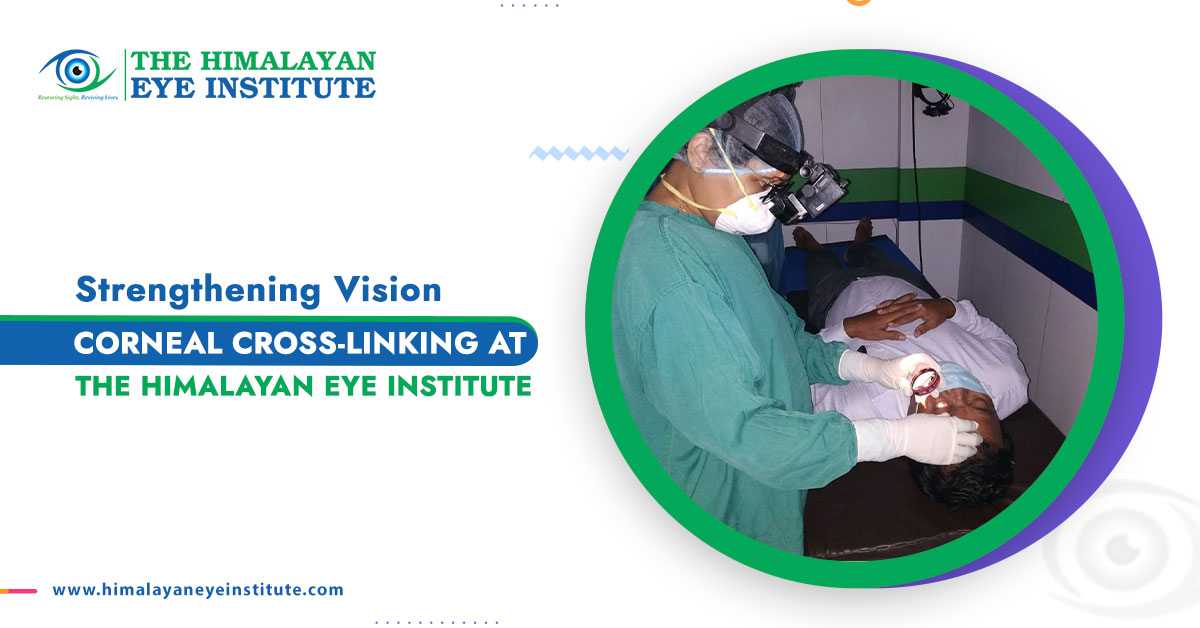Vision changes with aging are nothing surprising. Several changes that occur in our eyes as we age can have a major effect on our eyesight and general quality of life. Age-related eye disorders, such as presbyopia, cataracts, glaucoma, and age-related macular degeneration (AMD), demand specific eye treatment. You can meet the leading eye doctor at the top eye hospital in Siliguri for comprehensive eye care.
Understanding this, eye clinics and hospitals have adopted a customized strategy to diagnose and treat conditions and problems with aging eyes. These facilities provide elders with tailored care in the following ways to preserve their vision and overall well-being.
Treatment Plans for Common Eye Conditions with Aging Eyes
Cataracts
There’s no doubt that one of the most prevalent age-related eye disorders is cataracts. In addition to customized cataract surgery, advanced eye hospitals provide improved intraocular lenses (IOLs) that may treat presbyopia and astigmatism, two major refractive problems.
Eye surgeons collaborate extensively with patients to understand their needs and select lenses that meet their lifestyle requirements and expenses. Custom lenses for cataract surgery are built to meet the specific vision needs of patients.
Age-Related Macular Degeneration (AMD)
Reputable eye hospitals may provide advanced and leading therapies for AMD sufferers, such as anti-VEGF injections, which delay the disease's progression and protect eyesight from any further damage.
Care plans for age-related macular degeneration include photodynamic therapy, laser photocoagulation, and dietary counseling to enhance patients' everyday activities. Consult your eye specialist at a trusted eye hospital in Siliguri for expert guidance and accurate treatment.
Glaucoma
For seniors with glaucoma, eye specialists balance laser treatment, eye drops, medication, and surgical procedures such as trabeculectomy or minimally invasive glaucoma surgeries (MIGS). See your ophthalmologist at the top eye centre in Siliguri for optimal glaucoma care and management.
Ophthalmologists or eye experts at the hospitals tailor these approaches according to the patient's general health, and the severity of the ailment. However, acute angle-closure glaucoma needs emergency care to reduce the pressure in the eyes. Basically, it needs medications, surgery, or laser treatment.
The Importance of Diagnosis
Comprehensive eye exams are vital to preventive monitoring for ageing eyes. Eye doctors ensure patients get a proper and timely diagnosis. They use diagnostic techniques including fundus photography, optical coherence tomography (OCT), and visual field testing, these examinations go deeper into the condition of the eye.
Early diagnosis allows doctors to provide timely treatment by detecting early signs of diseases including glaucoma, diabetic retinopathy, or macular degeneration before symptoms appear.
Eye hospitals often customize these tests based on a patient's medical history, family history, and current visual problems. Beyond only providing medical care, tailored or custom care also involves teaching patients and their loved ones how to manage eye diseases, treatment, diet, etc.
It can be emotionally taxing to lose eyesight or manage a chronic eye illness, particularly for elderly people. Psychological or emotional support is increasingly a common part of care regimens at many eye hospitals.
Counseling and support groups help with complete well-being by assisting patients in overcoming the emotional difficulties associated with visual loss. If you have vision-related issues or conditions like glaucoma, consider routine visits to an ophthalmologist near you. This keeps track of your current eyesight. You might visit the best eye clinic in Siliguri, the Himalayan Eye Institute.







